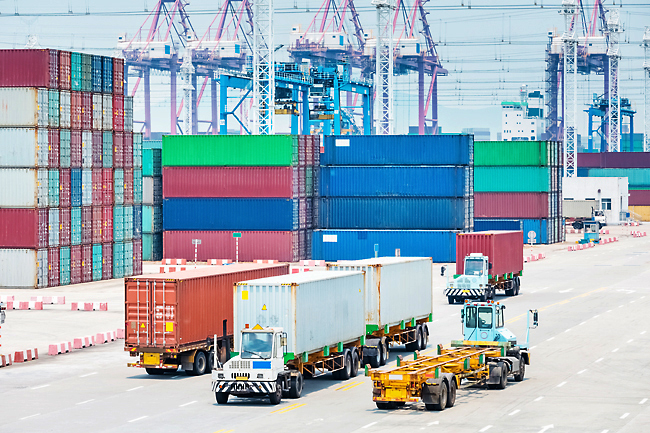Azlan Othman
The economy of the Asia-Pacific Economic Cooperation (APEC) region is expected to grow by six per cent in 2021 and forecasts 4.9 per cent growth in 2022 in anticipation of the unwinding of fiscal and monetary support measures, said a newly published report on economic trends in the Asia-Pacific.
According to the latest APEC Regional Trends Analysis (ARTA), the Asia-Pacific expanded by eight per cent during the first half of 2021, following a 3.7 per cent contraction in the first half of 2020. However, growth among member economies continues to diverge and uncertainties remain substantial.
The report added, for Brunei Darussalam, the real gross domestic product (GDP) per capita for this year (2021) is more than USD30,000. The APEC leaders meeting will convene tomorrow chaired by New Zealand Prime Minister Jacinda Ardern.
The APEC region recorded a real GDP growth of -1.9 per cent in 2020. The economic impact of the COVID-19 pandemic resulted in negative real GDP growth rates in 17 APEC economies in 2020. The largest annual decline was recorded by Peru at -11.1 per cent. Only Brunei, China and Vietnam registered positive real GDP growth rates during the period.
Growth in the volume and value of merchandise trade accelerated by double-digits in the first half of this year thanks to the combined effect of a low comparison point following a substantial economic contraction a year ago and a rebound in economic activity. Trade in COVID-19-associated goods such as pharmaceuticals, telecommunications equipment and computers continued to be strong.
“APEC, along with the global economy, is in uncharted territory, where recovery is underway even amid an ongoing pandemic,” said Director Dr Denis Hew of the APEC Policy Support Unit which produced the report.
“There are many hard-earned lessons from the pandemic, central to which is that economic, trade and health policies are intertwined – and that good policies matter.
“Unequal access to vaccines needs to be addressed urgently to avoid a two-track recovery,” Dr Hew added.
“APEC economies should also think ahead toward facilitating a gradual and steady economic re-opening to revive viable sectors such as travel and tourism, reinvigorate manufacturing industries and herald the emergence of new jobs, markets and businesses that could prove more sustainable as well as profitable.”
The report also addressed the existential threat of climate change for the region and humanity as a whole, as it will affect APEC economies’ financial systems, supply chains and consumer behaviour.
“Addressing climate change is the realm not only of scientists, but of policymakers who can change the incentive structures and the rules,” said analyst at the APEC Policy Support Unit Emmanuel San Andres who co-wrote the report. “Climate change disproportionately impacts vulnerable populations, including the poor and Indigenous peoples, even as they contribute the least to it.”
The report noted that even in the best-case scenario, where climate change is kept at or below two degrees Celsius, APEC can expect GDP losses of up to 11.3 per cent by 2050.